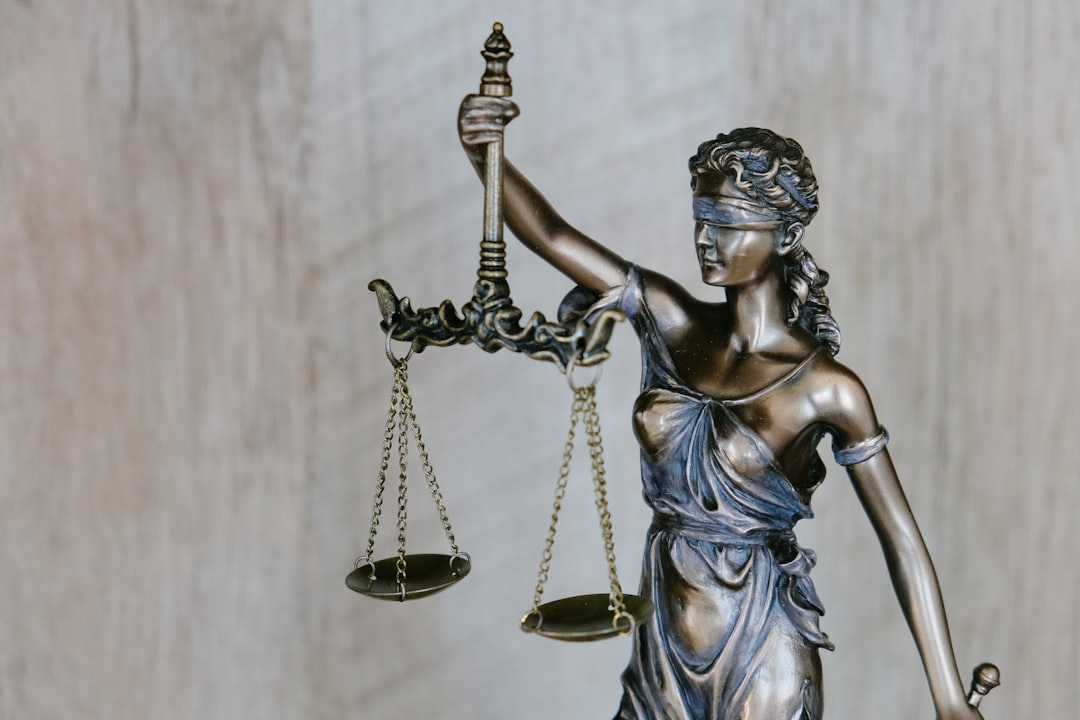In New York City (NY), digital evidence is transforming abuse cases, offering concrete proof through timestamps and metadata from text messages, social media, emails, and multimedia. However, legal professionals must navigate stringent protocols for collection and presentation, with proper preservation techniques and expert analysis crucial for stronger cases involving domestic violence, cyberbullying, or online harassment. The NY Police Department's Digital Forensics Unit operates within the Criminal Procedure Law (CPL) to collect, preserve, and analyze digital data, while strict wiretapping laws safeguard privacy rights. Unique hurdles include admissibility under NY State laws and regulations, with authentication relying on expert testimony. Following strict guidelines ensures digital evidence is considered by the court. Collaborating with legal professionals and using advanced forensics labs safeguards evidence integrity. Victims in NYC have access to a robust network of supportive services and resources, empowering them to pursue justice effectively.
In New York City (NY), digital evidence plays a crucial role in prosecuting cases of abuse. This introduction explores the legal landscape surrounding the collection, admissibility, and preservation of such evidence, highlighting its significance in ensuring justice for victims. From understanding the unique aspects of digital forensics to navigating complex legal frameworks, this article delves into the essential steps and resources available to support survivors while addressing the challenges inherent in utilizing digital evidence in NY courts.
Understanding Digital Evidence and Its Role in Abuse Cases
In the modern digital age, digital evidence plays a pivotal role in Abuse cases across NYC. This includes various forms such as text messages, social media posts, emails, and digital images or videos that can serve as powerful tools to substantiate allegations of abuse. Unlike traditional evidence, digital records often contain time stamps and metadata, providing an unprecedented level of detail and authenticity.
Understanding how to effectively obtain and interpret this evidence is crucial for legal proceedings in NY. The unique challenge lies in ensuring the integrity of the data while adhering to strict legal protocols. Proper collection methods, including secure data preservation techniques and expert analysis, are essential to strengthen cases involving domestic violence, cyberbullying, or online harassment, ultimately leading to more just outcomes in the courts of NYC.
Legal Framework for Obtaining Digital Evidence in NYC
In New York (NY), the legal framework for obtaining digital evidence is governed by a blend of state and federal laws, primarily focusing on ensuring due process while facilitating investigations. The Digital Forensics Unit of the NY Police Department plays a pivotal role in collecting, preserving, and analyzing digital evidence from various sources, including computers, mobile devices, and online platforms. This unit works within the confines of rules outlined in the Criminal Procedure Law (CPL), which provides guidelines for legal searches and seizures of electronic data.
The CPL outlines specific procedures for obtaining search warrants, particularly when targeting digital assets, emphasizing the need for probable cause and particularized descriptions to avoid broad or vague authorizations. Additionally, NY courts have interpreted the state’s wiretapping laws to include the interception of digital communications, with strict guidelines on consent, surveillance authority, and post-interception procedures. These legal frameworks ensure that digital evidence is collected legally, preserving its admissibility in court while protecting individual privacy rights.
Challenges in Admissibility: Rules and Regulations
Obtaining digital evidence in cases of abuse in NYC presents unique challenges, especially regarding its admissibility in court. The New York State legal system follows strict rules and regulations when it comes to the use of electronic evidence, ensuring fairness and reliability. One significant hurdle is the authentication process, where the court must verify that the digital content is genuine and has not been altered. This often requires expert testimony and detailed documentation to establish the integrity of the evidence.
Additionally, the New York Code of Rules and Regulations sets forth guidelines for the collection, handling, and presentation of digital evidence. These rules address issues like the chain of custody, ensuring that the evidence remains secure and hasn’t been tampered with, as well as the relevance and materiality of the evidence, determining its significance in relation to the case. Adhering to these regulations is crucial for digital evidence to be admissible and considered by the court.
Collecting and Preserving Digital Evidence Safely
Collecting digital evidence in NYC requires a meticulous and legally sound approach to ensure its integrity and admissibility in court. The first step is to gather all relevant digital devices, such as smartphones, computers, or tablets, belonging to the victim or suspected abuser. It’s crucial to document the chain of custody by recording details like when and where each item was seized, who handled it, and any security measures taken to prevent tampering. Professionals in NY should use specialized tools and techniques to extract data without leaving traces that could compromise the evidence.
Preserving digital evidence safely is paramount. This involves creating secure backups, storing them in encrypted formats, and maintaining detailed logs of all preservation procedures. Given New York’s strict privacy laws, it’s essential to ensure the confidentiality and security of both the evidence and the victim’s personal information. Collaborating with legal professionals and utilizing state-of-the-art digital forensics labs can help navigate these complexities, ensuring that the collected data remains reliable and admissible in legal proceedings across NY.
Supportive Services and Resources for Victims in NYC
In New York City (NY), victims of abuse have access to a range of supportive services and resources designed to help them navigate challenging legal situations. Organizations like the NYC Human Resources Administration (HRA) offer crucial assistance, providing safe housing, food, clothing, and other essentials for survivors. Additionally, specialized agencies across the city offer counseling, legal aid, and advocacy to those affected by domestic violence, sexual assault, or other forms of abuse. These services play a vital role in empowering victims to take legal action against abusers.
The NY City Bar Association, for instance, operates pro bono programs that provide free or low-cost legal services to vulnerable populations, including victims of abuse. Local community centers and non-profit organizations also offer workshops and educational sessions on digital evidence collection, helping survivors understand their rights and the legal processes involved in obtaining evidence of abuse. These resources ensure that victims in NY are equipped with the knowledge and support necessary to pursue justice effectively.






